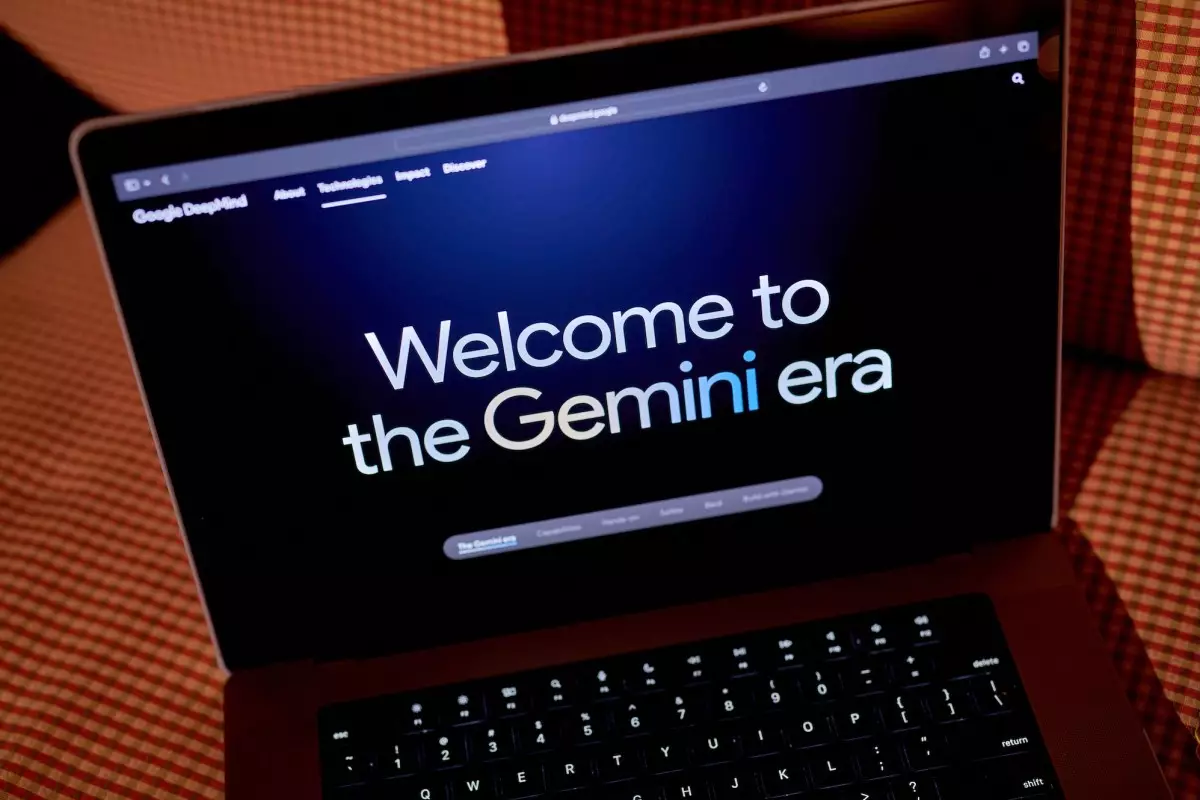Artificial Intelligence is steadily carving out its territory in the digital landscape, transforming how users access information and interact with content online. While search engines like Google remain the dominant gateways, recent data underscores a burgeoning shift: AI platforms are rapidly gaining ground in directing web traffic to major websites. In June 2025 alone, AI referrals to the top 1,000 websites surpassed 1.13 billion, marking an extraordinary increase of 357% compared to the previous year. Despite this explosive growth, Google’s sheer scale—sending nearly 191 billion referrals—still far outpaces AI-driven suggestions. This disparity reveals an industry in flux, where AI is positioning itself as a formidable alternative, gradually reshaping user habits and publisher strategies.
Yet, the trajectory is clear: AI’s influence is accelerating, and the implications extend beyond mere traffic metrics. For publishers and digital platforms, the challenge now is to understand how this new referral paradigm will impact content consumption, monetization, and overall visibility. As AI platforms become more sophisticated, they could redefine the dynamics of web traffic flow, shifting power from traditional search giants to emerging AI-powered gateways.
Media and News: On the Brink of an Ecosystem Reshuffle
One sector particularly vulnerable to these changes is the news and media industry. According to recent reports, traffic to news outlets has been in decline, prompting the industry to brace for a looming scenario—often dubbed “Google Zero”—where Google ceases to be the primary traffic source altogether. The advent of AI summaries or overviews has exacerbated this concern; data from Pew Research indicates that only 8% of users click through links when presented with an AI-generated summary, compared to 15% when no AI overview is offered. In essence, AI summaries may be displacing traditional link-click behavior, potentially harming the revenue streams of news organizations relying heavily on traffic from search engines.
Interestingly, certain publishers are taking proactive steps to protect their content. For instance, The New York Times has initiated legal action against OpenAI, seeking to limit the use of its articles for training AI models. Such moves highlight a growing awareness within the industry that control over content can influence its exposure and subsequent data flow through AI systems. Nevertheless, data reveals that Yahoo, Reuters, The Guardian, and India Times—among others—are currently reaping significant referral traffic from AI platforms, illustrating that some media outlets are efficiently tapping into this new source of engagement.
The Shifting Landscape: From Search Superiority to AI as an Engagement Hub
The distribution of AI referrals across various categories paints an intriguing picture of how different sectors are adapting to this trend. Tech and social media giants like Google dominate, with over 53 million referrals in June, primarily thanks to their integrated AI functionalities and large user bases. E-commerce platforms like Amazon, Etsy, and eBay also benefit considerably, indicating that AI-based queries are increasingly influencing shopping decisions.
In other sectors such as science, education, and research, sites like ResearchGate and Wikipedia see substantial referral traffic, suggesting that AI is fostering a more research-oriented, knowledge-driven internet. Even government and informational sites like Europa.eu and NIH.org register considerable AI-driven visits, hinting at a future where AI primarily assists users in navigating complex information landscapes efficiently.
What is perhaps most striking is the dominance of ChatGPT in AI referrals, accounting for more than 80% of the referrals to top domains. This highlights how a single platform can influence the web’s informational ecosystem profoundly. As AI continues to evolve, the danger lies in its potential to concentrate influence within a few dominant players—raising critical questions about diversity, accuracy, and the future of open access.
Implications and the Road Ahead: Preparing for an AI-Guided Internet
The rapid ascension of AI referrals raises fundamental questions about the future of the internet and digital engagement. Will AI become the primary gateway for content discovery, or will search engines adapt and reclaim their dominance? For publishers, advertisers, and consumers alike, the landscape calls for strategic recalibration. Content creators might need to prioritize optimization for AI understanding, while platforms could increasingly rely on AI to personalize and streamline user experiences.
Furthermore, ethical and legal considerations surrounding content use and AI transparency are likely to gain prominence. The legal contest exemplified by The New York Times’ lawsuit positions content ownership and fair training practices at the forefront of industry debates. If publishers and platforms cannot collaborate, the industry risks fragmenting into a fragmented, AI-driven ecosystem that may undermine the democratization of information.
In essence, AI referral growth is not just a statistical phenomenon; it is the harbinger of a seismic shift that demands critical reflection and proactive adaptation from all stakeholders. Future success hinges on how effectively the digital community navigates these transformative currents—balancing innovation with fairness, accessibility, and integrity.

